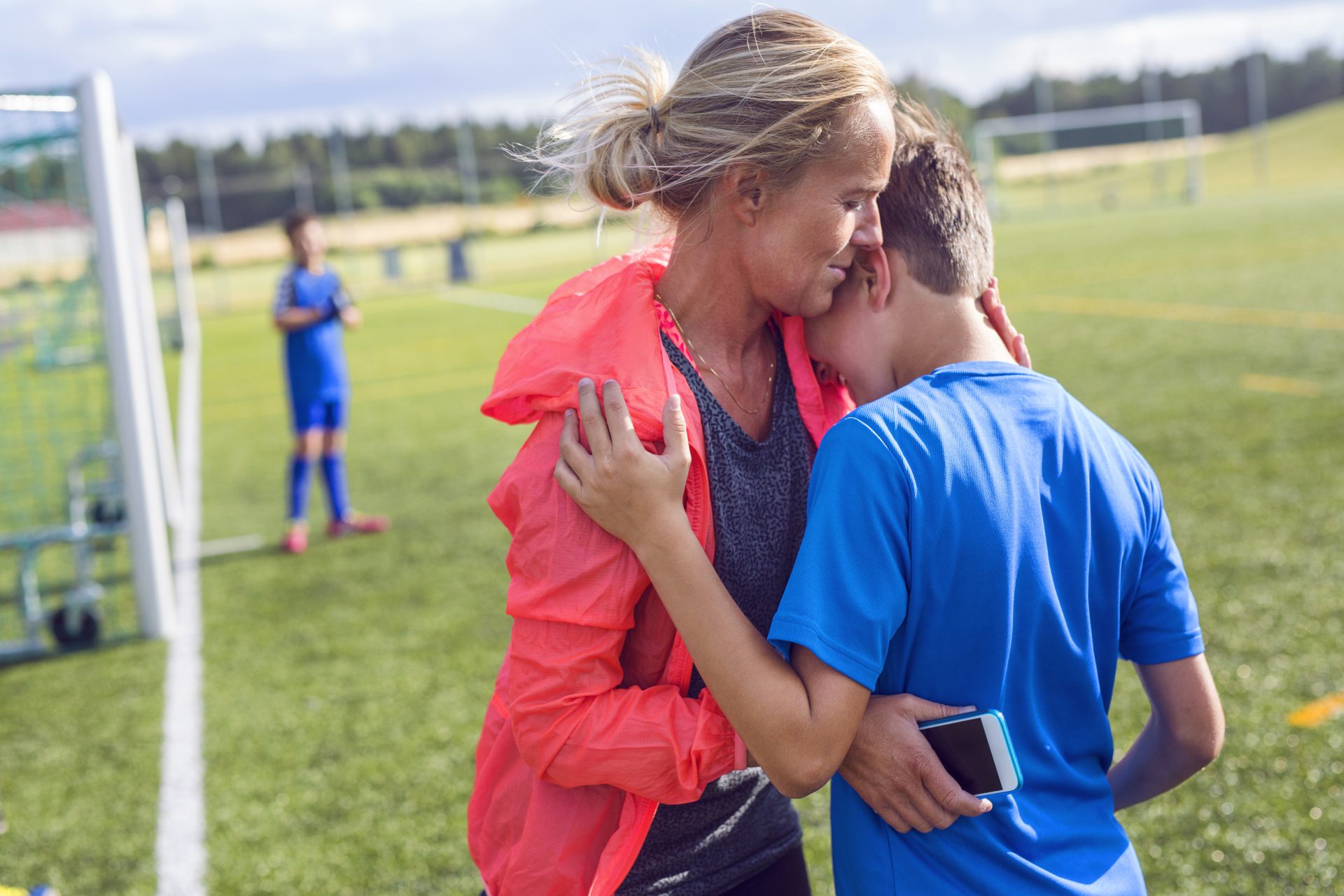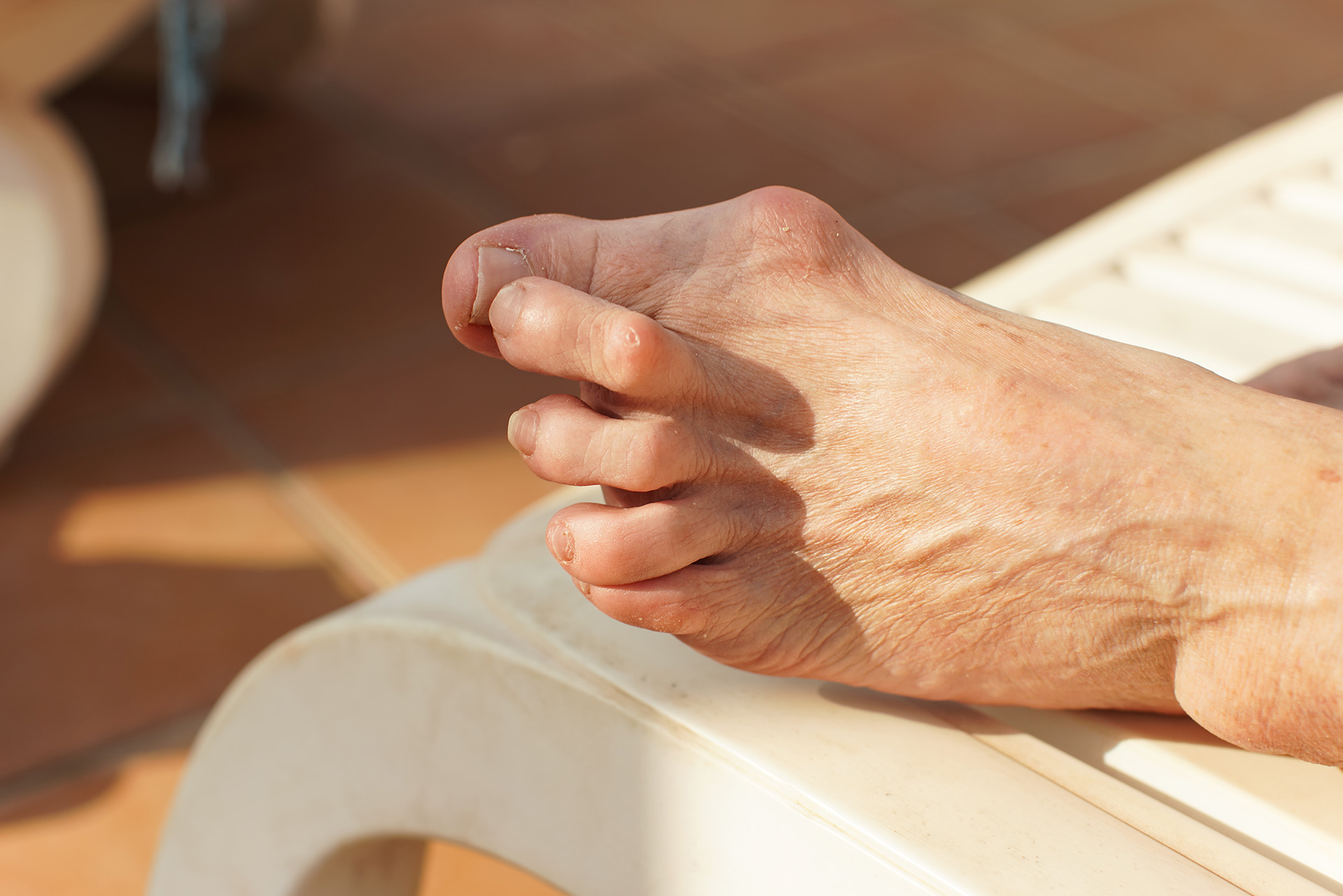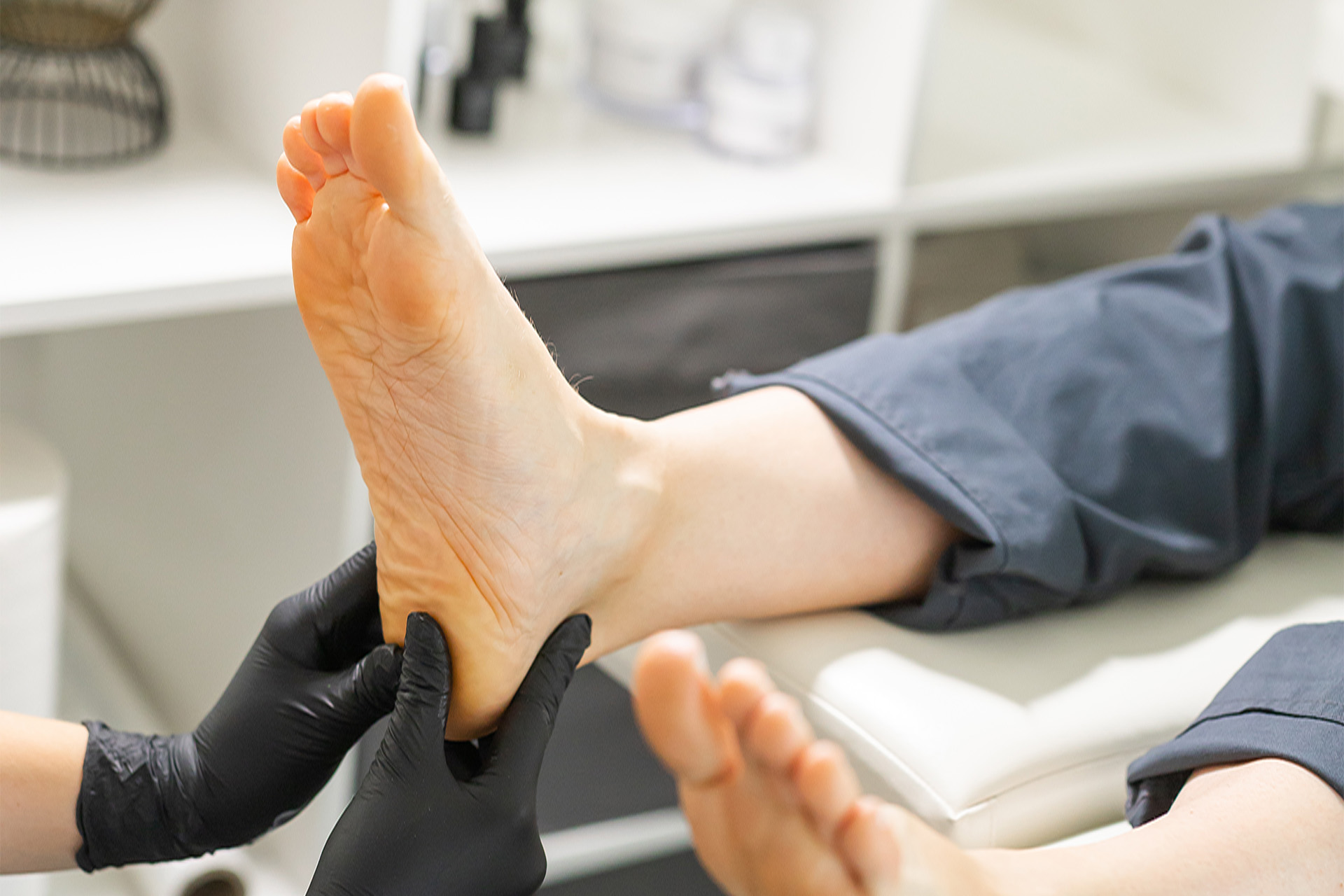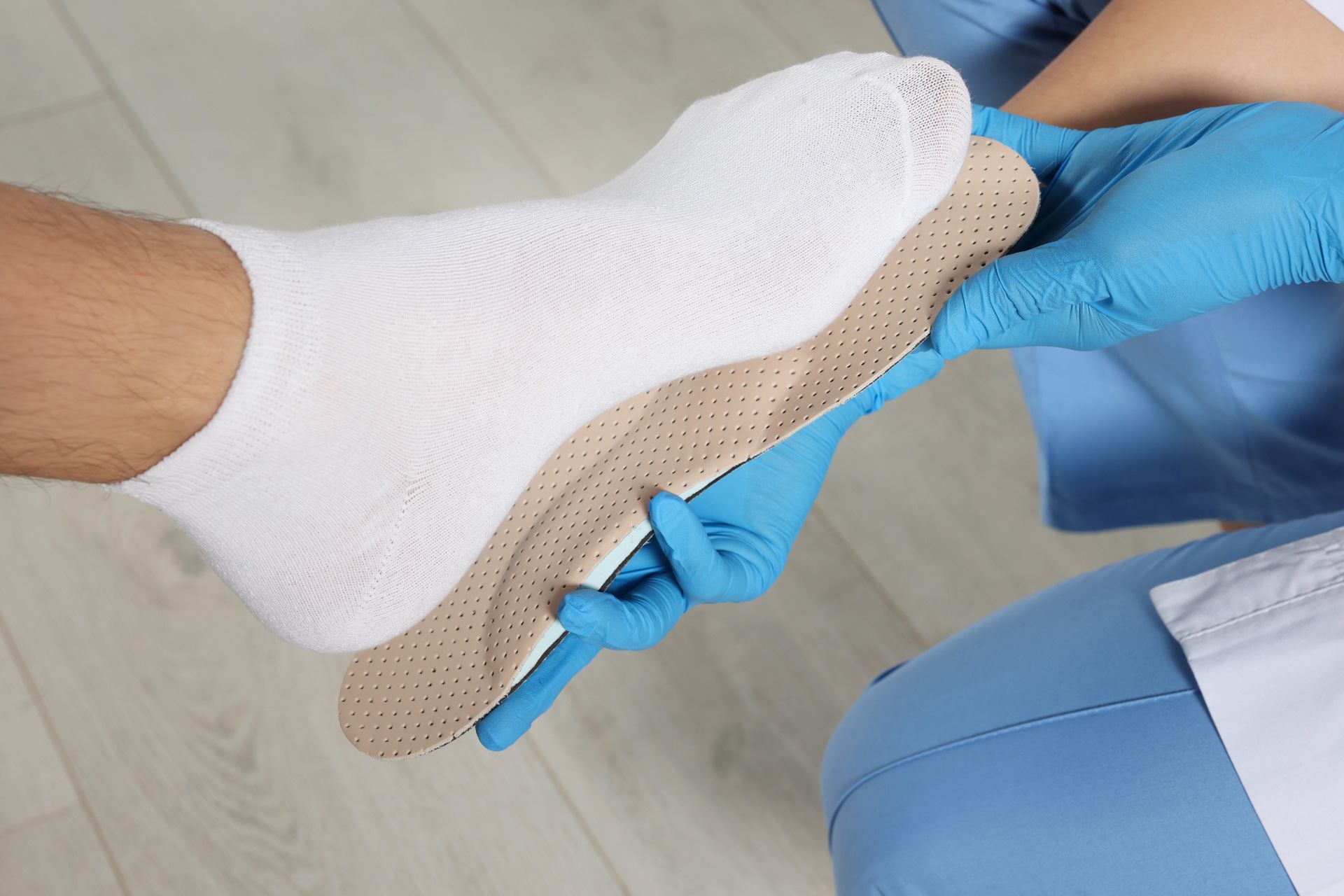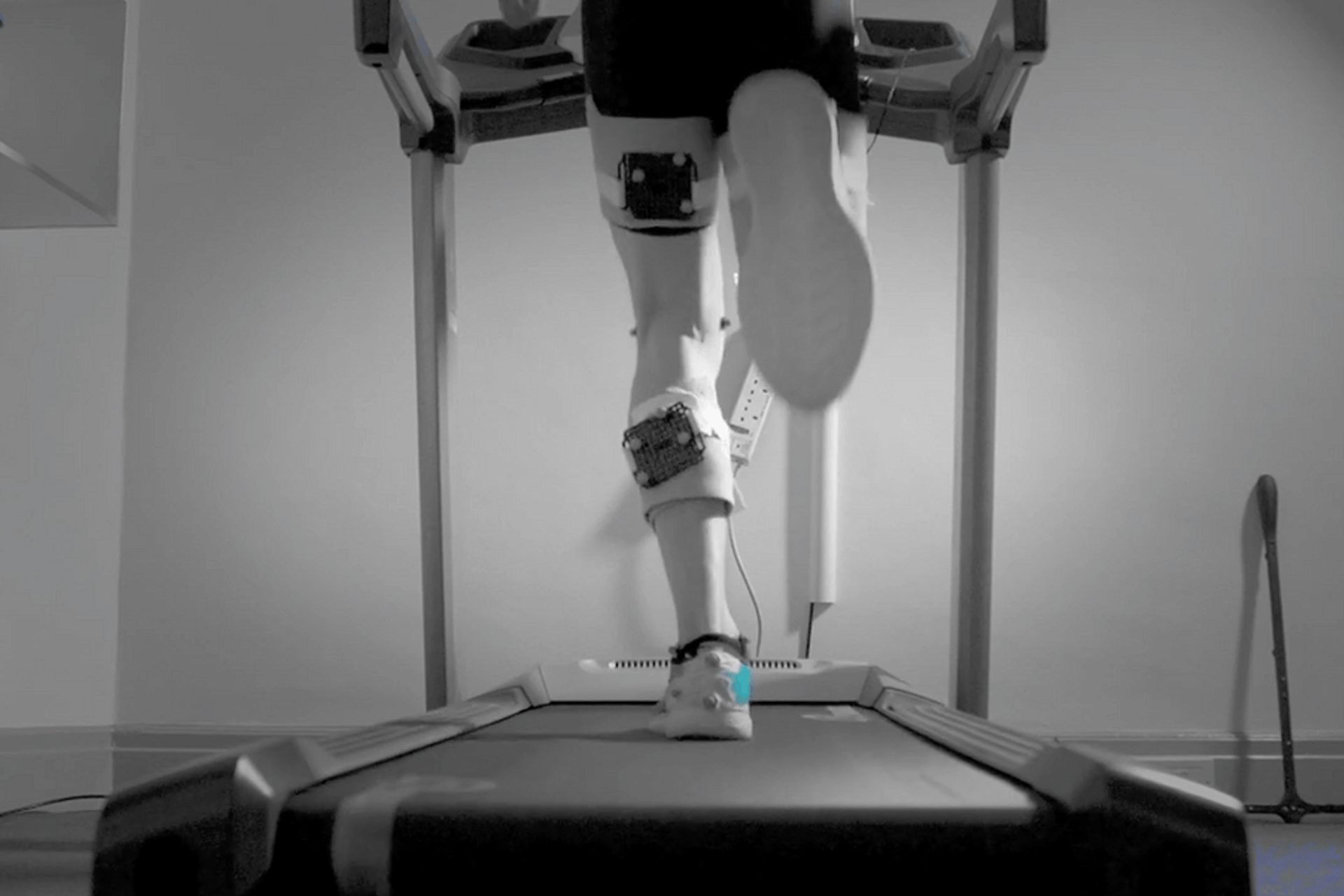It’s challenging for any parent to see their child injured. Unfortunately, this may be more common for parents of young athletes, who are more prone to accumulating injuries while playing their sport.
Knowing that they can’t do what excites them and that their recovery journey may take a while is tough to explain to a child. It may take a few months for them to recover from a stress fracture before they start to run again. The bad news is that they may be too scared to start.
While all athletes are susceptible to stress fractures, certain factors amplify the risk for young athletes. Adolescent bones still grow and mature, lacking their adult counterparts’ inherent density and strength. Your child faces a high risk in running and track and field due to the repetitive impact on their feet and legs. Distance runners are particularly vulnerable, as continuous foot strikes against hard surfaces are intrinsic to their sport.
_
Stress fractures in young athletes are often caused by their developing bones being less dense and more fracture-prone. High-impact sports, sudden training increases, and overuse without adequate rest can overburden bones. Furthermore, training errors like improper technique, footwear and muscle imbalances exacerbate the risk by placing uneven stress on the skeletal system.
_
In running, fear can be both good and bad for young athletes. Besides, fear keeps them from charging down a rocky trail and risking a fall. However, that same fear that tries to make them protect themselves also means your child can be so worried about re-fracturing their leg that they’re having trouble returning to training.

MAKE AN APPOINTMENT
A sports and performance psychologist who helps young athletes thrive in competitive environments and bounce back stronger from sports injuries says, “Young athletes want to be empowered to think for themselves during the game and adapt quickly, but sometimes their fear of failure following an injury or parents’ concern may hold them back.”
Fear’s impact on performance for young high-performance athletes resembles the Yerkes-Dodson Law’s inverted U curve. While this may sound complicated, it’s a simple enough idea: too high or too low a stress level reduces performance.
This may look like this: Initially, fear sharpens focus, aiding in event preparation by highlighting what’s essential. However, surpassing a certain threshold, fear or anxiety becomes detrimental, overshadowing motivation and harming performance. The challenge lies in maintaining fear within this productive zone to prevent it from becoming an obstacle, ensuring young athletes can leverage it constructively without tipping into counterproductive territory.
Your child can hold themselves back because they fear they cannot run. For some, it can manifest as demotivation, thinking that they won’t be able to achieve their goals after an injury and they’ll let down the people around them. Their bodies are ready, but their minds aren’t. The body has healed faster than the confidence.
This is both a stress response and a protective mechanism. Their brain is wired to protect their body. The body has a corresponding physiological response; that feedback loop draws it back into the fear. As a parent, you need to throw a wrench into that feedback loop to interrupt that train of thought. You wouldn’t want that stress response to injury not to be there, but it can become unproductive, no longer serving your young athlete.

What happens on one race day doesn’t mean it will happen on the next. If they feel like it didn’t go well or didn’t go as expected, their brain wants to generalise that as the entire experience. Encourage them to think about some things they did well and others they can do differently. Recognise all aspects of it, the good and the bad, to make the experience more than just its parts.
It’s not like being a soccer, basketball, or baseball player, where they have a lot of immediate feedback that they can immediately implement. They can’t just run another marathon the following week — or most young athletes won’t.
Remember, it’s not just that day. It’s every decision made going into it: every time they ran when they didn’t want to run or took a day off when their body needed it. It can be unpleasant when they do all the training, and the race doesn’t go how they want, but that doesn’t mean that will happen again.
If they’re nervous, you can make an appointment with a sports podiatrist to ask specific questions. They need reassurance. Even if they’ve heard it, they must listen to or see it explicitly.
That’s where The Foot Practice’s new technology comes in to help young athletes like your child regain confidence post-injury.
Our Zebris RehaWalk® system and Run3D infrared gait analysis offer a nurturing path for children during rehabilitation and give parents real-time, visual insights into the child’s walking patterns. Through this process, our detailed analysis ensures informed care and actively engages children by showing them tangible progress, which can significantly boost their motivation and confidence. This targeted approach facilitates more effective rehabilitation, ensuring every step taken is informed by the most advanced assessment tools available for your child.
If your child has recently experienced a stress fracture, make an appointment at our podiatry clinic to explore how our paediatric team can help get your young one back into sports.

